Science Ticker
A roundup of research and breaking news
Sign up for our newsletter
We summarize the week's scientific breakthroughs every Thursday.
-
 Physics
PhysicsGraphene film blocks wireless signals
A transparent film made of graphene layered with quartz absorbed 90 percent of radio waves.
-
 Particle Physics
Particle PhysicsMore precision added to mass estimate of electron
The electron has been weighed with unprecedented precision. Its new and improved mass is 17 times as precise as the previous best estimate.
-
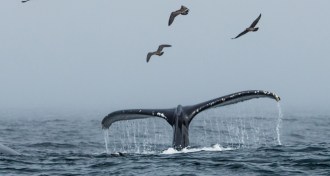 Life
LifeFins and wings alike share design features
Animals have adapted a number of different ways to swim and fly. But new research suggests that wings, fins and flukes share a couple of basic design parameters.
-
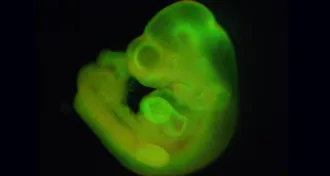 Life
LifeQuestions raised about new method for making stem cells
A January study showing that stem cells can be produced by dipping adult cells in a simple acid bath is now under investigation.
-
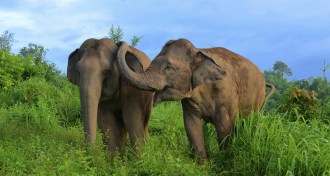 Animals
AnimalsElephants offer a reassuring touch in stressful times
Elephants seem to comfort their comrades in times of need, hinting that the animals may have the capacity for complicated mental feats such as empathy.
-
 Genetics
GeneticsGenes involved in dog OCD identified
Scientists say they have identified several of the genes that trigger obsessive-compulsive disorder in Doberman pinschers, bullterriers, sheepdogs and German shepherds.
-
 Quantum Physics
Quantum PhysicsHistory affects superfluid’s flow, study shows
The speed to stop the stirring motion can be slower than what was need to set the fluid spinning in the first place, which shows that what happens to the current state of the superatom depends on what it has already experienced.
-
 Neuroscience
NeuroscienceVideo games could boost reading skills in dyslexia
People with dyslexia, a developmental reading disorder, have a harder time switching from visual cues to auditory ones, but the constant shifts in video games may help improve the how quickly individuals perceive the change.
-
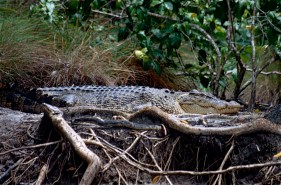 Animals
AnimalsSome crocodiles go out on, or up, a limb to hunt, keep warm
Observations of crocodiles from Australia, Africa and North America show that four species could waddle up and along branches above water. They do this to regulate their temperature and look for prey, scientists suggest.
-
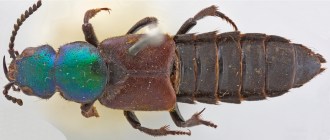 Life
LifeHappy birthday, Mr. Darwin
A male rove beetle that Charles Darwin collected in Argentina in 1832 has finally turned up and been named in his honor.
-
 Life
LifeNonhuman city natives in decline but can be conserved
Cities have been a downer on biodiversity but native populations still remain in urban areas, offering a starting point for possible conservation efforts.
-
 Astronomy
AstronomyChina’s lunar rover fails to connect with controllers (updated)
Yutu, or Jade Rabbit, could not be restored to full function, Chinese media report.